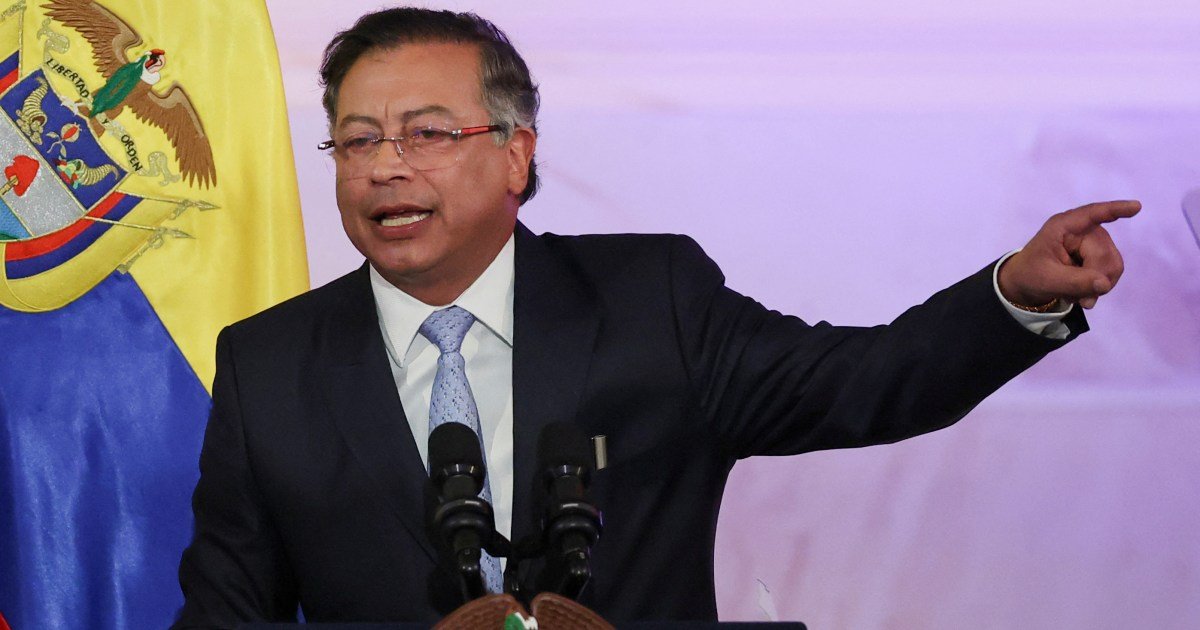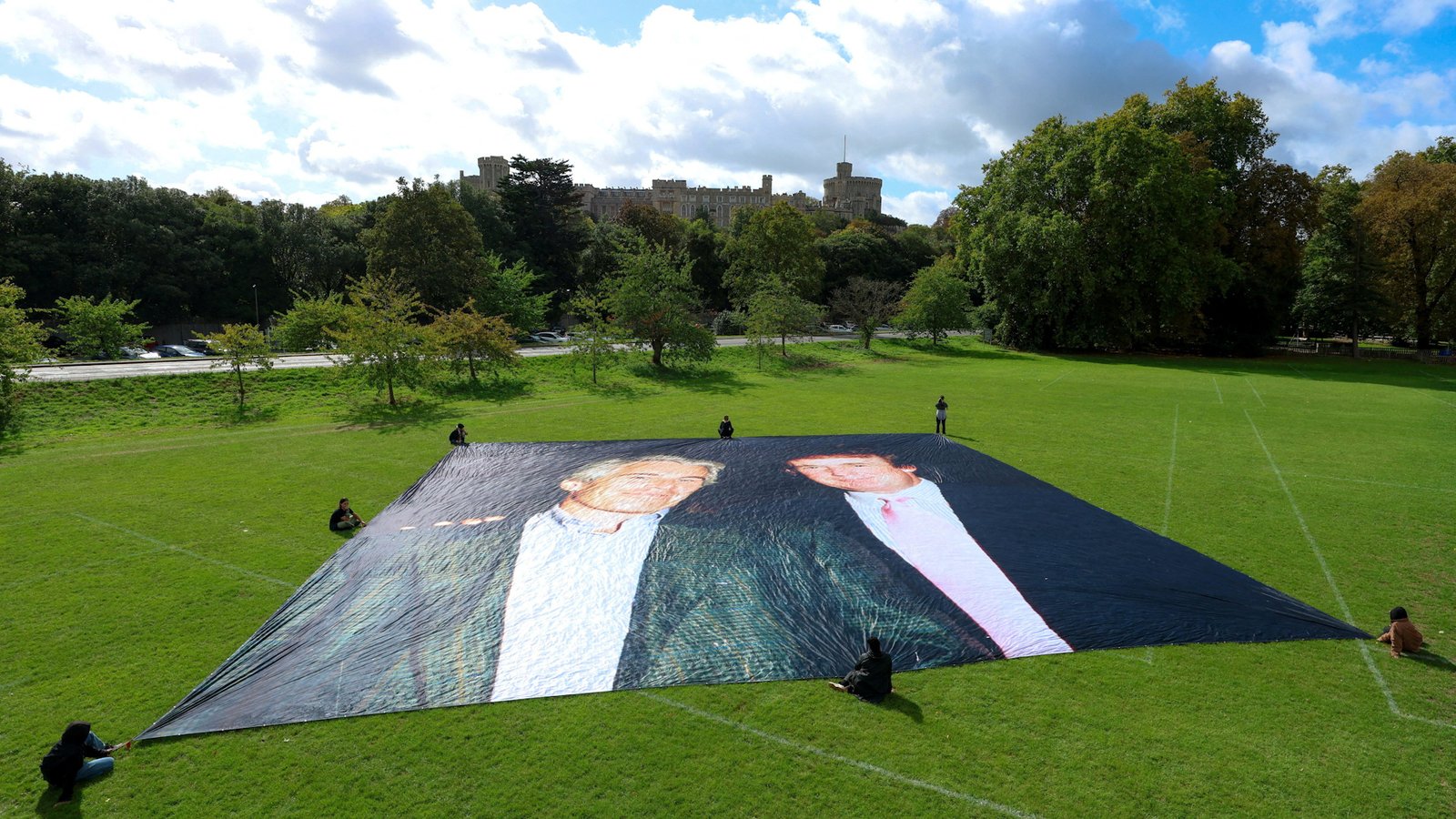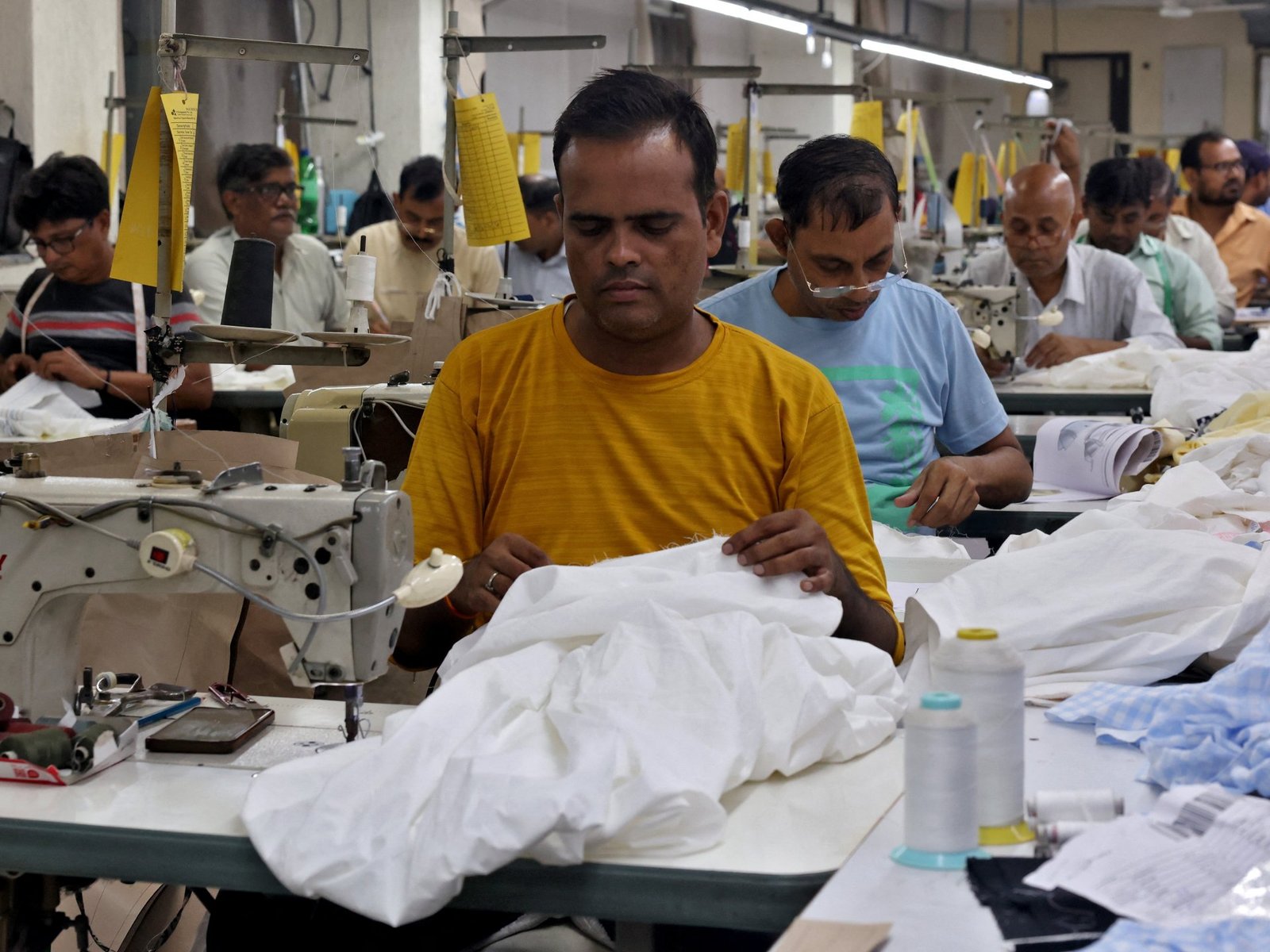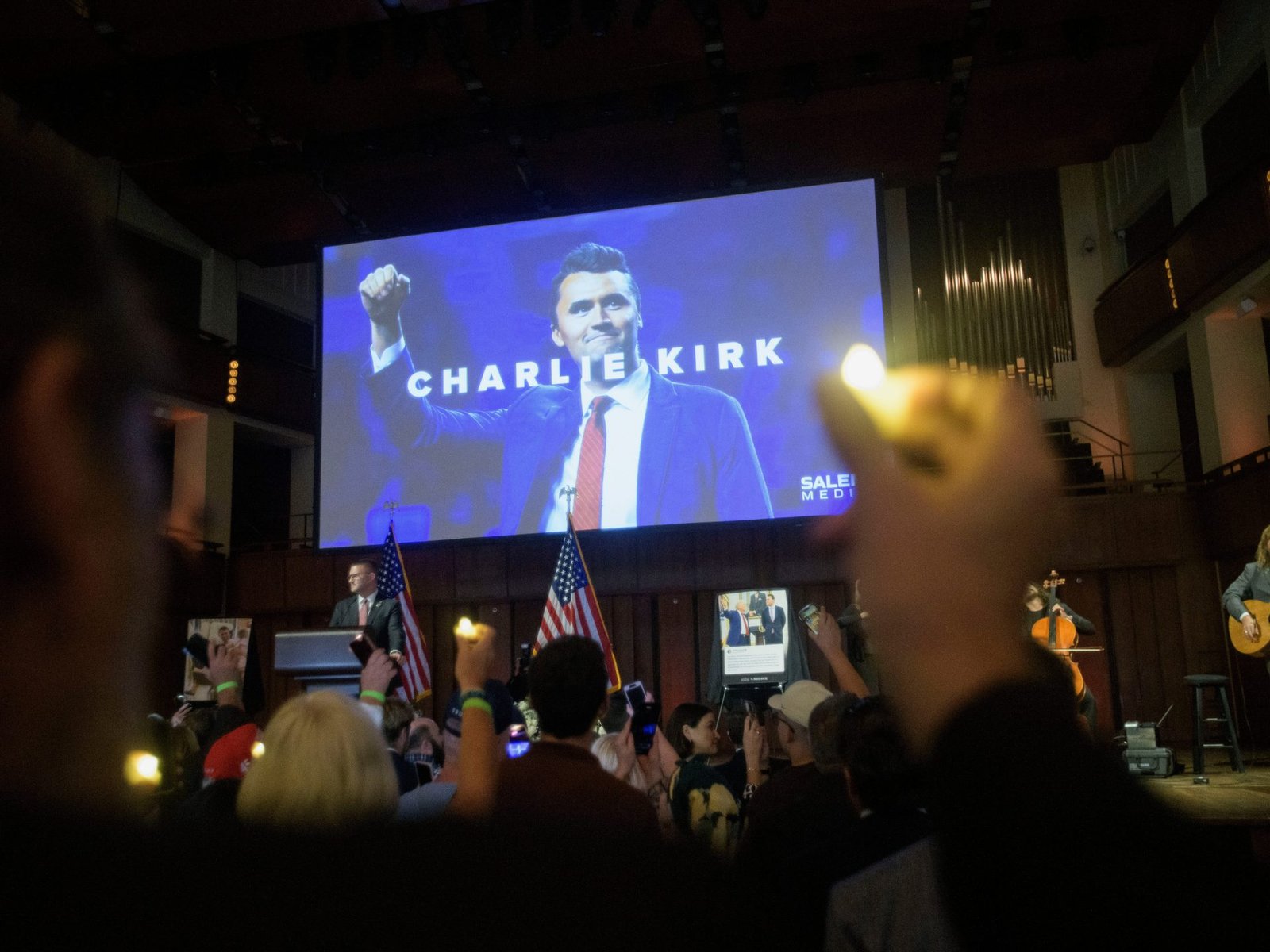Colombia’s President Gustavo Petro appeared visibly frustrated after United States President Donald Trump designated Colombia among several countries Washington believes have “failed” to cooperate in the international fight against drugs.
On Monday evening, Trump added Colombia to a list of countries that included Afghanistan, Bolivia, Myanmar and Venezuela as having “failed demonstrably” during the past 12 months to “adhere to obligations under international counternarcotics agreements and take measures required” against drug trafficking.
Recommended Stories
list of 4 itemsend of list
“Under Petro’s misguided leadership, coca cultivation & cocaine production in Colombia has increased to historic levels,” the US State Department said on the X social media platform following the announcement of the “presidential determination” on major drug transit and producing countries.
President Trump “has determined that the Colombian government failed to uphold its drug control obligations, but he has issued a waiver so critical US cooperation, including on counter-narcotics, can continue. Results matter – we must see progress and it must be soon!” the State Department added.
Responding earlier to the report that Colombia had been “decertified” as an ally of Washington in the fight against drugs, Petro said: “The United States is decertifying us after dozens of deaths of police officers and soldiers” in the fight against drug cartels and armed groups funded by drug trafficking.
“They decertify us after we are the ones who have seized the most cocaine in all of history, the ones who have dismantled thousands of laboratories,” Petro told a cabinet meeting.
“What we are doing does not really have to do with the Colombian people,” he said, according to the Reuters news agency.
“Rather, it is to stop American society from getting their noses dirty from the desire to work, work, work,” he added, in an apparent reference to the stimulant effects of cocaine.
Ustedes comienzan por una mentira fáctica señores US embassy. El crecimiento de cultivos de coca se presenta en el gobierno de Duque, y con fumigación forzada. Es la política de los EEUU la que ha fallado.
Para que disminuyan los cultivo de hoja de coca lo que se necesita no es… https://t.co/qwA499APT0
— Gustavo Petro (@petrogustavo) September 16, 2025
Translation: “You begin with a factual lie, gentlemen of the US embassy. The growth of coca crops occurred during the government of Duque, and with forced fumigation. It is the policy of the United States that has failed. For the cultivation of coca leaf to decrease, what is needed is not glyphosate dropped from small planes, but a reduction in the demand for cocaine, fundamentally in the US and Europe.”
Decertification is seen as a punishment for countries not complying with anti-drug efforts and may include sanctions – which the White House can waive – including cuts to US assistance and Washington voting against the issue of loans, credit and other forms of aid from development banks to “decertified” countries.
The US listing of countries that it says have failed in counternarcotic efforts came after Trump said the US military had carried out a strike on an alleged Venezuelan drug vessel on Monday that killed three people in international waters.
It marks the second attack by US forces on seagoing vessels in recent weeks, following the reported killing by US forces of 11 people in a strike on a speed boat, which officials in Caracas described as an extrajudicial slaying.
Human rights experts have also called into question the legality of such lethal attacks by US forces in international waters on victims that pose no immediate threat to US interests.
In his presidential determination on Monday, Trump once again took aim at Venezuela’s President Nicolas Maduro, whom he accused of being the leader of “one of the largest cocaine trafficking networks in the world”.
“The United States will continue to seek to bring Maduro and other members of his complicit regime to justice for their crimes. We will also target Venezuelan foreign terrorist organisations such as Tren de Aragua and purge them from our country,” he said.
As Al Jazeera reported earlier in September, however, UN Office on Drugs and Crime (UNODC) data shows that while Colombia, Peru and Bolivia are the leading sources of cocaine trafficking, Venezuela does not figure high in the list of major producers.
In its latest report on cocaine smuggling, the US Drug Enforcement Administration (DEA) concluded that Colombia was the source of 85 percent of the drug entering the country. Venezuela did not even get a mention in the report.
Regarding Bolivia, Trump said “much work remains” for the country “to consistently uphold its counter-drug commitments and ensure that it is not a safe haven for narco-trafficking groups to thrive”.
In Afghanistan, he said that despite the Taliban government’s announced ban on drug production, the “flow of drugs” continues to international markets.
“Some members of the Taliban continue to profit from this trade, and I am once again designating Afghanistan as having failed demonstrably to uphold its drug control obligations given the serious threats to United States interests and international security,” he said.
While Myanmar – referred to by its previous name “Burma” in the document – was named, the presidential determination did not offer additional details of delinquency as in the case of Afghanistan, Bolivia, Colombia, and Venezuela.
The Washington Office on Latin America (WOLA), a US-based advocacy and human rights group, said last week that “decertification” of countries considered by the US to be substandard in their counter-drug efforts was “an antiquated, blunt, counterproductive foreign policy tool that should no longer exist”.
“The White House must not use decertification to punish the people of Colombia, a longtime partner nation that has been the world’s largest cocaine producer since the 1990s, and is now facing mounting security challenges,” WOLA said.
While Petro’s government has “failed to meet its own security and governance objectives”, including fighting drugs, “this owes more to poor management and leadership failures than to malice or any inclination to benefit drug traffickers,” the group said.
“A decertification would directly harm the Colombian people and reduce the Colombian government’s ability to protect them from violent criminal and insurgent groups,” it added.




